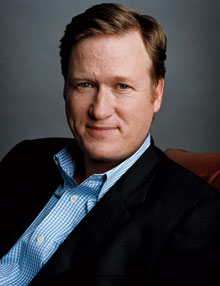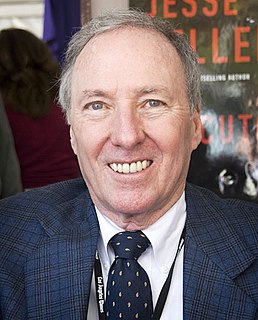A Quote by Julian Assange
I coauthored my first nonfiction book by the time I was 25. I have been involved in nonfiction documentaries, newspapers, TV and internet since that time.
Quote Topics
Related Quotes
I think, about the distinction between fiction and nonfiction. Fiction is not really about anything: it is what it is. But nonfiction - and you see this particularly with something like the BBC Samuel Johnson Prize for Non-Fiction - nonfiction we define in relation to what it's about. So, Stalingrad by Antony Beevor. It's "about" Stalingrad. Or, here's a book by Claire Tomalin: it's "about" Charles Dickens.
As I started to read nonfiction in the mid '70s, I discovered, holy cow, there was a lot of imaginative nonfiction. Not the kind where people use composite characters and invented quotes. I hate that kind of nonfiction. But imaginative in the sense that good writing and unexpected structure and vivid reporting could be combined with presenting facts.
I've been thinking a lot about why it was so important to me to do The Idiot as a novel, and not a memoir. One reason is the great love of novels that I keep droning on about. I've always loved reading novels. I've wanted to write novels since I was little. I started my first novel when I was seven.I don't have the same connection to memoir or nonfiction or essays. Writing nonfiction makes me feel a little bit as if I'm producing a product I don't consume - it's a really alienating feeling.
I never really understood the idea that nonfiction ought to be this dispensary of data that we have at the moment. Also, roughly around the time we were doing this fact-checking. And I never really understood why people think what nonfiction's job is to give them information as opposed to something else.

































